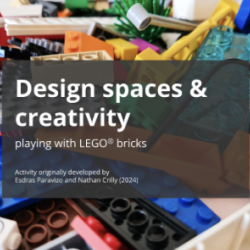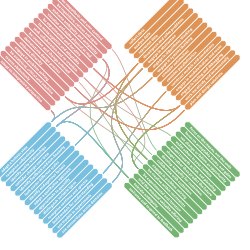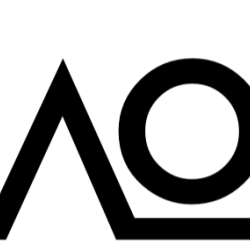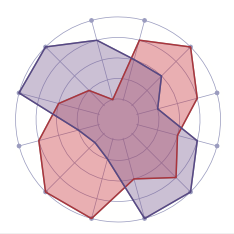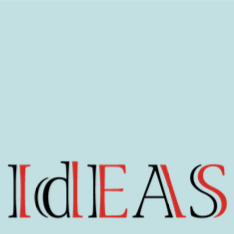
Understanding and supporting creative design practice
The Design Creativity Group researches how new ideas are developed and implemented, the barriers to such processes and how such barriers can be overcome.
Our research is highly interdisciplinary, and this is manifest in two ways. First, when seeking to establish the conceptual foundations of particular aspects of design creativity, there is a broad base of existing knowledge to draw on and this knowledge is distributed across many different academic and professional disciplines. It is therefore necessary to identify the most relevant ideas developed in other fields and bring these ideas into design research. Second, when conducting empirical enquiries into how people develop and implement ideas a broad range of research methodologies are useful and these originate from many different disciplinary traditions. Consequently, the identification and adaptation of appropriate research methods is important when conducting and presenting our work.
The topics and methods of the Design Creativity Group are relevant to a broad range of contexts, including various design fields, the creative industries, businesses, governments and NGOs. As such, we publish and present our work not only to design research but also to the disciplines we draw from and those to which our work relates. In doing so, we make contributions to how design and creativity are thought about, taught and practised, and to how other disciplines view those subjects.
Current Members
- Professor Nathan Crilly (Group Leader)
- Esdras Paravizo (Research Student)
Previous Members
- Dr Chih-Chun Chen
- Dr Maria Adriana Neroni
- Dr Roxana Moroşanu Firth
- Dr Alfred Oti
- Dr Gülşen Töre Yargın
- Dr Luis Arthur Vasconcelos
- Dr Eloise Taysom
- Dr Odette da Silva (TU Delft)
- Katrina Schoen
Projects and Outputs
|
In 2024, Esdras Paravizo and Nathan Crilly published a workshop pack intended to be used as an open educational resource by educators in research in engineering, design, creativity and related areas. The pack includes instructions, templates and slides for running a workshop in which participants consider a problem and explore the space of possible solutions. |
|
|
Book: Design Thinking and Other Approaches In 2024, Nathan Crilly published a short book with Cambridge University Press in their series on Creativity and Imagination. The book focusses on the different approaches that are used to promote innovation, including design thinking, systems thinking and entrepreneurial thinking. Whereas prior works have typically considered these approaches in isolation, this new book compares them and provides a basis for integration. In addition, these approaches are compared to others that are often neglected, such as computational thinking, engineering thinking and anthropological thinking. |
|
|
Course: Creativity, Problem Solving and Design Thinking In 2022, Nathan Crilly launched a new professional education course with Cambridge Advance Online. This is based on years of research from the Design Creativity Group focussed on how creativity is demonstrated and can be enhanced. The course helps learners understand the role of creativity in problem solving, and the application of design thinking to different business tasks. Learners discover the characteristics of difficult problems, the thinking skills that are used to address them and the various biases that need to be overcome. |
|
|
Tool: Problem characterisation radar plot This document provides a visualisation for problem characterisation. The visualisation helps us represent the ways in which we find problems difficult to understand or difficult to address. It was developed for work with individuals, groups and organisations who might describe such problems as ‘ill-defined’, ‘messy’, ‘complex’ or ‘wicked’ (in contrast to those that are ‘well-defined’, ‘clean’, ‘simple’ or ‘tame’). Such problems include problems of organisational management and strategy, social and political change, and environmental protection and restoration. |
|
|
Project: Interdisciplinary Engineering Approach to Systems IdEAS was a five-year EPSRC-funded project (EP/K008196/1) to develop design insights that are flexibly applicable across a range of technologies. Three topics were addressed: (1) design creativity and fixation; (2) complex design problems; (3) system lifecycle properties. The project was interdisciplinary by nature, employing concepts and methods from various academic fields, including technology studies, psychology and the social sciences. The project also engaged with Government and Industry stakeholders through collaboration with the Cambridge Centre for Science and Policy. |
|
|
Report: A primer on the design and science of complex systems This 'primer' from Chih-Chun Chen and Nathan Crilly introduces a domain-neutral framework and diagrammatic scheme for characterising the ways in which systems are modular or complex. It allows researchers and practitioners from different disciplines to share methods, theories and findings related to the design and study of different systems, even when those systems appear superficially dissimilar. |

